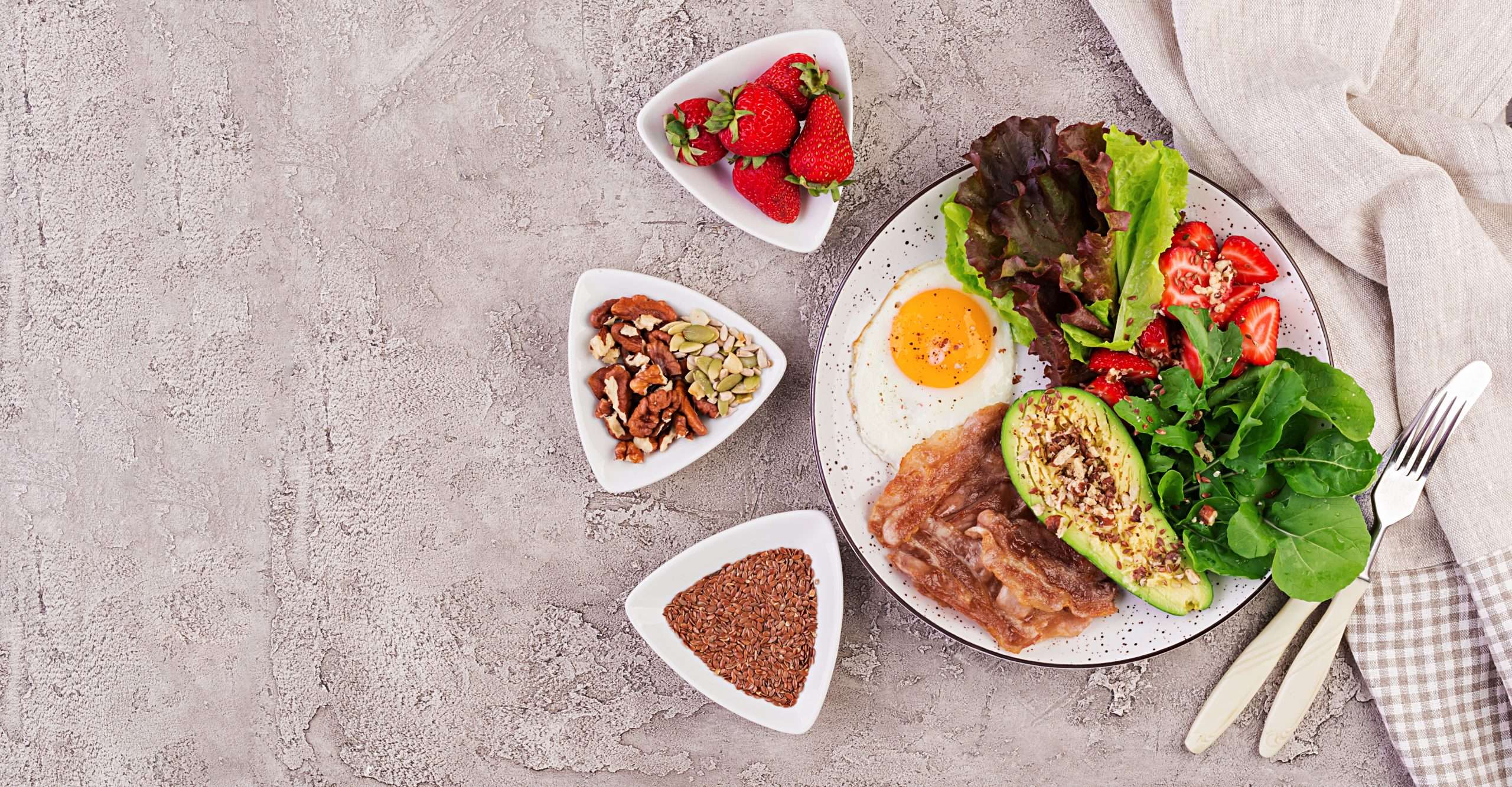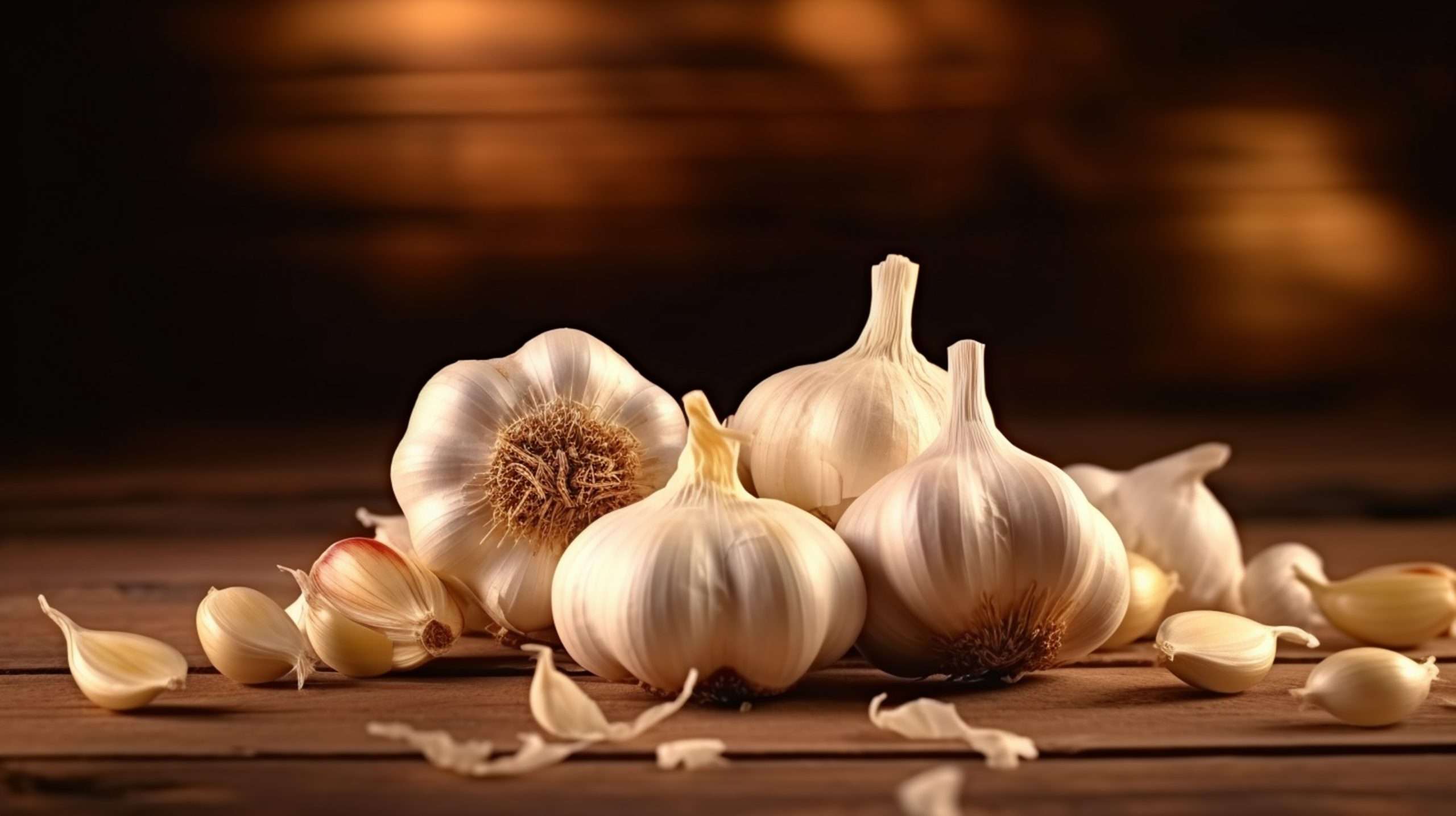
Medically reviewed by
Dr. Katie Rothwell, a licensed Natorupathic Doctor with clinical focus in thyroid conditions and Hashimoto's disease through The College of Naturopathic of Ontario, Canada
During the spookiest time of year, it is always great to share some sweet treats! While we always want to take part in Halloween traditions, we should also consider those with thyroid conditions that may not be able to eat sugars and allergen-filled treats. Many people with thyroid conditions like autoimmune thyroid disease have shown great clinical benefits using dietary modifications such as gluten-free diets or vegan/vegetarian lifestyles. One study found that gluten-free interventions may improve thyroid-related antibodies while also helping normalize metabolic control in those who have diabetic complications.
Having thyroid-friendly alternatives is a great way to ensure those with hypothyroidism, Hashimoto’s thyroiditis, Hyperthyroidism, and other thyroid disorders still have a nice treat to celebrate Halloween without risking impacting their glycemic condition. Today, we are fortunate that more companies have transitioned to allergy-friendly, gluten-free, or sugar-free products, but we also have the opportunity to make our goodies! This also ensures that we know what ingredients are used and can be a fun time to break out your cooking and baking skills.
Here are 3 things to keep in mind while making your treats:
1. Use allergen-free alternatives
Allergies are an autoimmune reaction, and autoimmune disorders are known to affect the thyroid gland. Graves disease and Hashimoto thyroiditis are both examples of autoimmune thyroid diseases that result from an immune disorder causing an immune system-mediated attack on the thyroid. Moreover, thyroid autoantibodies, capable of directly destroying cells, increase the risk of allergic diseases.
Replace:
- Whole flour with gluten-free flours or rolled oats
- Milk with coconut milk, almond milk, or cashew milk
- Peanuts with pumpkin seeds
2. Use foods that are good for your thyroid
Food choices are one of the forms of medicine. While dietary recommendations vary between thyroid conditions, a common consensus is to avoid gluten and dairy, while some studies argue that decreasing the consumption of soy and cruciferous vegetables like broccoli and cauliflower may also be beneficial. Sticking to dairy and gluten, there are great alternatives to use in your treats. Using low-calorie alternatives is also highly recommended!
- Incorporate cantaloupe, bananas, raisins, and citrus fruit in your treats! They’re known to protect your thyroid cells and decrease thyroid-stimulating hormones to normal levels.
3. Which chocolates are okay?
Cocoa and bitter chocolates have benefits for your thyroid as they contain iron that helps with activating the thyroid peroxidase reaction. Thyroid peroxidase plays an essential role in making thyroid hormones, and you’ll often see a deficiency of thyroid peroxidase in thyroid conditions like Hashimoto’s thyroiditis. On the other hand, milk chocolates and candies contain inflammatory nutrients like sucrose, fructose, and glucose that increase the production of inflammatory cytokines and lead to a painful inflammatory response. Fortunately, bitter and dark chocolate both contain anti-inflammatory nutrients like flavonoids and magnesium. So which chocolates are good chocolates?
- Antioxidant-rich dark chocolate (+60% cocoa content)
Recipes
Chocolate Bark
The recipe makes around 25-30 servings
Ingredients:
- 400 grams of 60% or 70% cocoa chocolate chips/chopped chocolate
- Toppings:
- 1/5 cup raisins or dried cranberries
- ½ teaspoon coarse sea salt
- 1/3 cup toasted coconut chips
- ¼ cup roasted pumpkin seeds
- ¼ cup roasted sunflower seeds
- Crushed gluten-free pretzels
Steps:
- Finely chop your chocolate bars (if you’re using large chocolate chips, chopping them up makes the melting process easier and more controlled)
- Melt chocolate in a microwave-safe bowl. Stir chocolate in 30-second intervals to prevent burning your chocolate. OR you can use the double boiler method: set your chocolate in a heat-safe bowl then place the bowl in a saucepan of boiling water. Stir occasionally, but don’t let the water and chocolate touch.
- Cover your baking sheet with parchment paper. Spread your melted chocolate evenly over the parchment paper using a spatula.
- Sprinkle your preferred toppings over the chocolate. Lightly press larger topping into the chocolate so they don’t sit on the surface.
- Place the baking sheet in the refrigerator for 10-15 minutes or until the chocolate is fully hardened.
- Once hardened, use your hands to break the chocolate sheet into smaller more manageable pieces.
You can store your chocolate bark in an airtight zip-lock bag at cool room temperature for up to 7 days.
Real Fruit Gummies
Adapted from eatthegains.com
The recipe makes around 150 gummy bears
Ingredients:
- Your choice of fruits – Recommended: Strawberries, oranges, blueberries, blackberries, mango
- Gelatin
- 1/3 cup of Honey
Steps:
- Blend 2 cups of fruit to make a fruit puree. Add some water if the puree is very thick.
- Strain the puree with nut milk bags or fine-mesh strainers to remove the pulp. Compost the pulp or save it for another recipe.
- In a saucepan, add the fruit juice and stir at medium-low heat. Slowly add the gelatin while whisking.
- Make sure to stir until there are no clumps of gelatin in the mixture. Add in the honey.
- Whisk constantly and keep warm. Once the mixture is combined, transfer the mixture into silicone molds using a spoon or syringe (you can get creative and choose the shapes).
- Tap the mold on a flat surface to help get rid of air bubbles.
- Place in the refrigerator for 2 hours to cool.
- Once solid, your gummy bears are ready to serve.
You can store your gummies in an airtight container in the refrigerator for up to 14 days.
Candied Fruit
Adapted from tasteofhome.com
Ingredients:
- Assorted fruits: sliced apples, pineapple, strawberries, grapes, cherries, bananas, kiwi
- Gluten-free pretzel sticks
- 300 grams of 60% dark chocolate
- 3 tablespoons of coconut oil
- Toasted coconut
- Finely chopped almonds, roasted sunflower seeds, roasted pumpkin seeds
- Coarse sea salt
Steps:
- Wash off and DRY your fruit before cutting. Any moisture left on your fruit may prevent the chocolate from sticking. Refrigerate your fruit once clean.
- Melt chocolate and coconut oil in a microwave-safe bowl. Stir the chocolate mixture in 30-second intervals to prevent burning your chocolate. OR you can use the double boiler method: set your chocolate and coconut oil in a heat-safe bowl then place the bowl in a saucepan of boiling water. Stir occasionally, but don’t let the water and chocolate touch.
- Dip your fruit and pretzels into the melted chocolate using a fork or skewer.
- Decorate your fruit with toasted coconut, chopped almonds, sunflower seeds, and pumpkin seeds. Sprinkle on sea salt.
- Place the finished fruit on a baking sheet covered in waxed paper.
- Cool in refrigerator for 10-20 minutes







